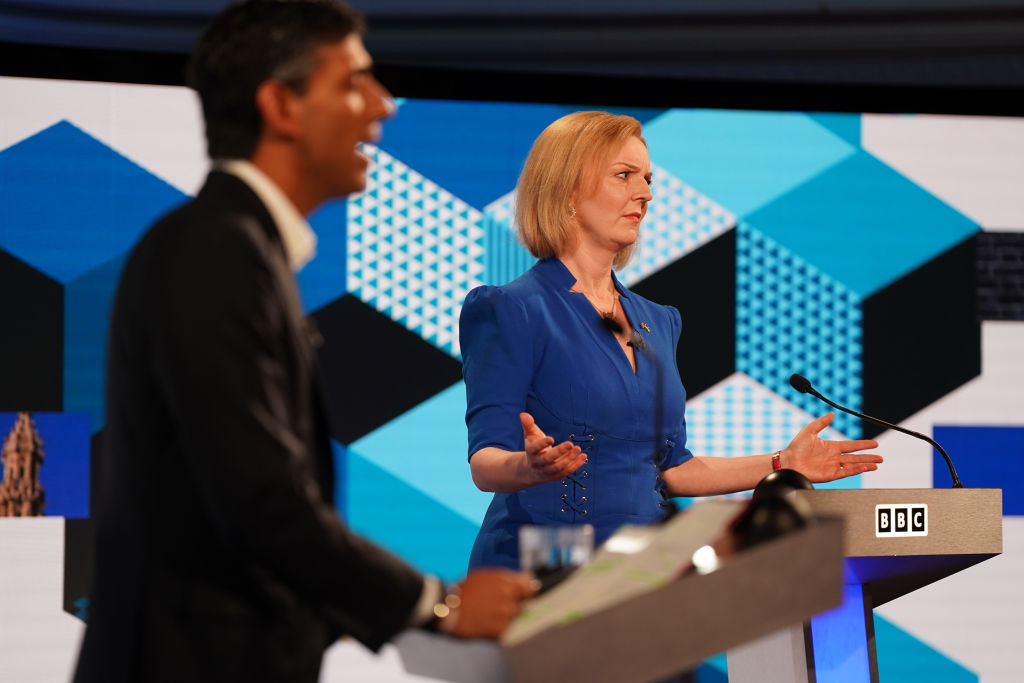The race for Tory leader is out of step with our social media news addiction

REALISTICALLY, whenever I have the time and can be bothered, I will always turn to traditional news sources instead of simply people on Twitter. But it would be misleading to say this does not require a concerted effort. My incentive to go on social media is instinctively stronger. It’s full of my peers, friends, people I know or choose to follow, and without some form of self-regulation, it’s more than likely I’d default to social media. Partly out of ease, partly out of curiosity as to what my friends are saying or sharing.
But consuming news from social media often clouds my understanding of what “news” means. It can be a news outlet tweeting news, snap breaking news posts. It can also be a tweet from people working in or around politics, it can be a journalist tweeting quotes which may or may not make it to the outlet they work for, or it can be a columnist making fun of someone’s campaign video. And that’s the feed of someone actively engaged in politics and news.
In stark contrast to my own experience, and those of many young people, we are in the middle of a Conservative leadership election where newspapers potentially have the most influence they have had for a long time. Despite extensive investment in their social media profiles, Rishi Sunak and Liz Truss are now focusing on the newspapers and traditional broadcast outlets to get their message out to all of the places Conservative members use most. This however, is clearly the exception, not the rule in 2022. It is also largely a response to the age of Conservative members, who on average are over the age of 50.
In fact, on Monday night Liz Truss said she had deleted the Twitter app from her phone since the start of the campaign.
While we may be getting a brief insight into old world media having an outsized influence on political outcomes, the power of newspapers is actually lower than ever. We saw this in the Ofcom report on news consumption: it reaffirmed a pre-existing pattern of social media replacing traditional news outlets as a source for news. Out of the top 21 news sources for adults in the UK, Facebook is 3rd, Twitter 7th and Instagram 9th. TV still dominates, but three types of social media come before any newspaper.
This is not a total disavowal of the importance of newspapers and the journalism they offer, but the undeniable crossover between social media and politics is becoming more and more pertinent given the obvious ascendancy of social media as a source of news.
But as well as showing the change in habits, people also think news from social media is of a lower quality and less trustworthy than TV and newspapers – and yet, they still get their news there. In some senses, this is good news: people are discerning about the content on social media and not blindly trusting it. But it also means people consume news where it is easy and effortless, not where it is necessarily trustworthy or reliable.
TV is currently at the top of the rankings for trustworthiness, with 71 per cent putting their faith in it; 67 per cent think newspapers are trustworthy but a meagre 35 per cent think social media is. And yet, 32 per cent of adults in the UK use Facebook for news, and only 15 per cent use the Daily Mail (the only newspaper in the top 20 news sources)
This is important because the media environment is so heavily influential on political culture. This could mean anything from politicians’ behaviour, the nature and form of political participation, the distribution of politically relevant information, the tone of public debate, how informed public debate is, what activism and political pressure looks like, and crucially, how the electorate view politicians.
How is politics going to look in twenty years as digital natives mature? If the volatility of social media now characterises political participation, what does that mean for democracy?
We are moving from a world where the main lamentation about our media was that it was dominated by a small editorial elite with immense influencing power, to something much more unpredictable. This contest shows that there is still room for both forms of media, but the successful politicians of the future are likely to be those with the skills to play across all media.
